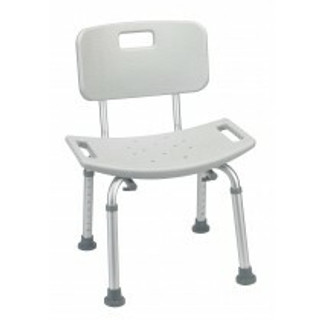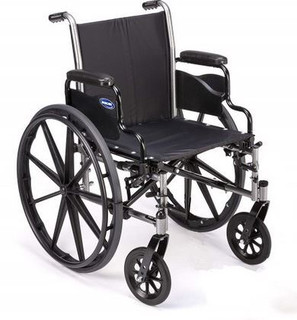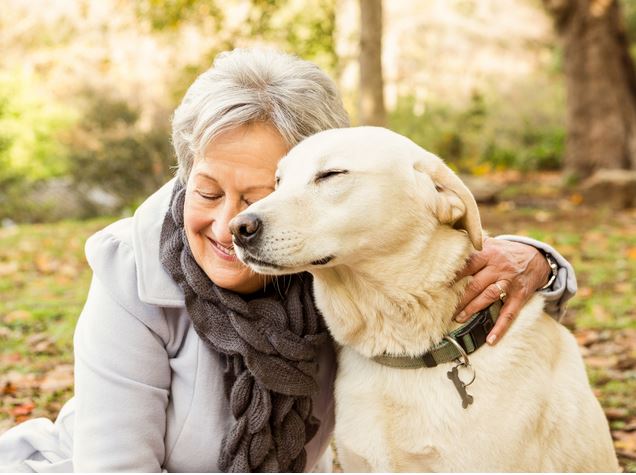The Postitive Impact of Pets on Seniors
Pets can have a profound positive impact on the lives of seniors, providing numerous physical, emotional, and social benefits. Here’s how pets can help seniors:
1. Companionship and Emotional Support
- Reduced Loneliness: Pets provide constant companionship, which can be especially valuable for seniors who live alone. The presence of a pet can alleviate feelings of loneliness and isolation.
- Emotional Stability: Caring for a pet offers a sense of purpose and routine, which can help reduce stress, anxiety, and depression.
- Unconditional Love: Pets offer unconditional love and acceptance, providing emotional comfort and boosting overall well-being.
2. Physical Health Benefits
- Increased Physical Activity: Dogs, in particular, encourage seniors to stay active through daily walks and playtime. This regular exercise can improve cardiovascular health, mobility, and joint function.
- Lower Blood Pressure: Interaction with pets has been shown to lower blood pressure and heart rate, reducing the risk of heart disease.
- Improved Immune Function: Studies suggest that pet ownership can enhance immune function, leading to fewer doctor visits and better overall health.
3. Cognitive Benefits
- Mental Stimulation: Interacting with pets, such as training, playing, and caring for them, can help keep the mind active and engaged, which may delay cognitive decline.
- Memory Support: Routine tasks involved in pet care can help seniors maintain cognitive functions and memory.
4. Social Interaction
- Increased Socialization: Pets can act as social catalysts, helping seniors connect with others. For example, walking a dog can lead to conversations with neighbors or other dog owners.
- Community Engagement: Pet-related activities, such as visiting dog parks or attending pet-friendly events, can help seniors become more involved in their communities.
5. Sense of Security
- Protection: Dogs can provide a sense of security, particularly for seniors living alone. The presence of a dog can deter potential intruders.
- Alertness: Pets, especially dogs, can be trained to alert their owners to certain sounds or situations, providing an additional layer of safety.
6. Routine and Structure
- Daily Routine: Caring for a pet creates a daily routine, which can be particularly beneficial for seniors who may have a more relaxed or solitary lifestyle. This routine can provide structure to their day.
- Responsibility and Purpose: The responsibility of taking care of a pet can give seniors a renewed sense of purpose and motivation, contributing to their overall well-being.
7. Therapeutic Benefits
- Pet Therapy: Many seniors benefit from animal-assisted therapy, where trained animals visit homes or care facilities to provide comfort and joy. This can be especially beneficial for those with dementia, Alzheimer’s, or other chronic conditions.
- Stress Reduction: The act of petting or cuddling an animal can trigger the release of oxytocin, a hormone associated with bonding and stress reduction.
8. Considerations for Pet Ownership
- Type of Pet: The type of pet should match the senior's lifestyle and physical abilities. For example, a small, low-maintenance dog or a cat might be more suitable for someone with limited mobility.
- Health and Safety: It’s important to consider the senior’s health when choosing a pet, ensuring the pet’s needs won’t become overwhelming.
- Support System: Having a support system in place for pet care in case of illness or hospitalization is important.
Pets can greatly enhance the quality of life for seniors, providing love, companionship, and health benefits that contribute to a happier, healthier life.
In addition to pet companionship providing your caregiver with the best equipment and supplies are crucial in maintaining quality care. SafeWell Medical Supply carries the top name brands to help with everyday caregiver tasks from bathroom safety to mobility needs. Check out our complete product line below by clicking on the logo!



















